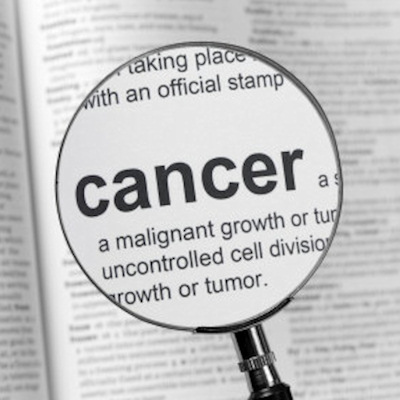October 13, 2020 -- Lineage Cell Therapeutics and partner Cancer Research U.K. have posted positive preliminary phase I results from an ongoing study of VAC2 in non-small cell lung cancer (NSCLC).
In the study, VAC2 potently induced immune responses with high levels of peripheral antigen-specific responses and peripheral antigen-specific immunogenicity in all patients. Based on these results, the company will seek to evaluate VAC2 in combination with other therapies such as chemotherapy and programmed cell death-1 (PD-1) immunotherapy. The vaccine appears to be well-tolerated with no unexpected adverse events.
VAC2 is an allogeneic, off-the-shelf cancer vaccine product candidate designed to stimulate patient immune responses to an antigen commonly expressed in cancerous cells but not in normal adult cells. VAC2 is produced via a pluripotent cell technology platform that uses directed differentiation to nonproliferating mature dendritic cells, the most potent antigen-presenting cells in the body. The VAC technology platform can be modified to carry any antigen, including patient-specific tumor neoantigens or viral antigens.
Recently, Lineage exercised its option to acquire data from Cancer Research U.K. and assumed responsibility for further development and future opportunities derived from the VAC platform. Cancer Research U.K.'s Centre for Drug Development will conclude the ongoing clinical trial.
Copyright © 2020 scienceboard.net








